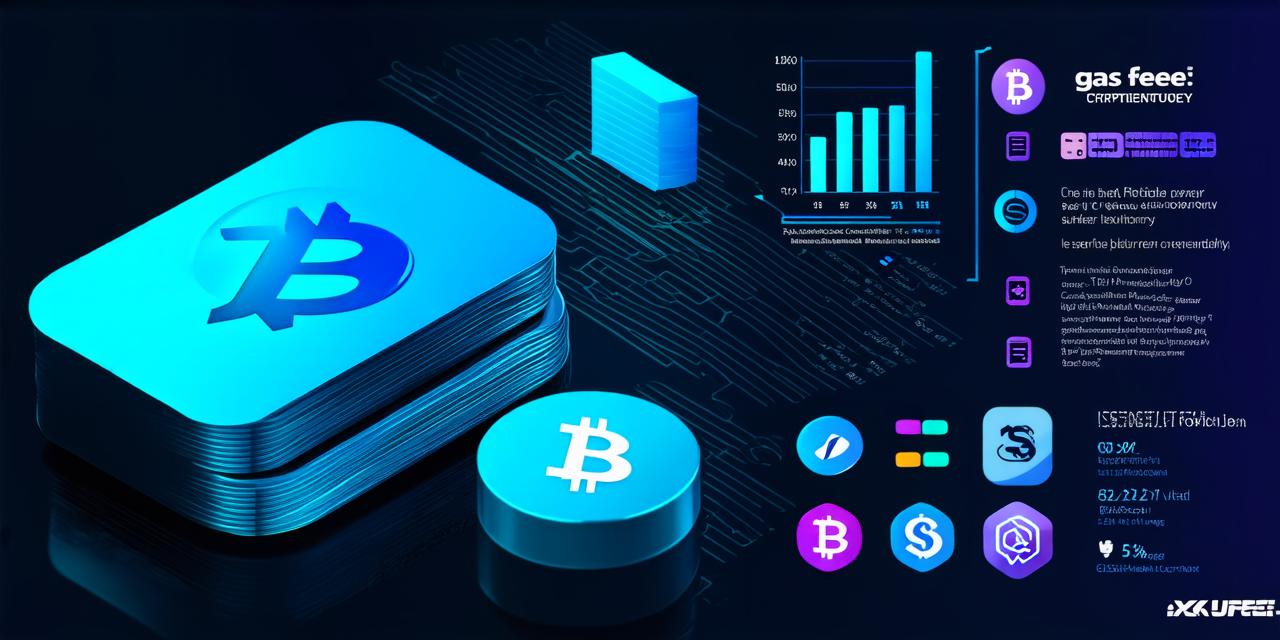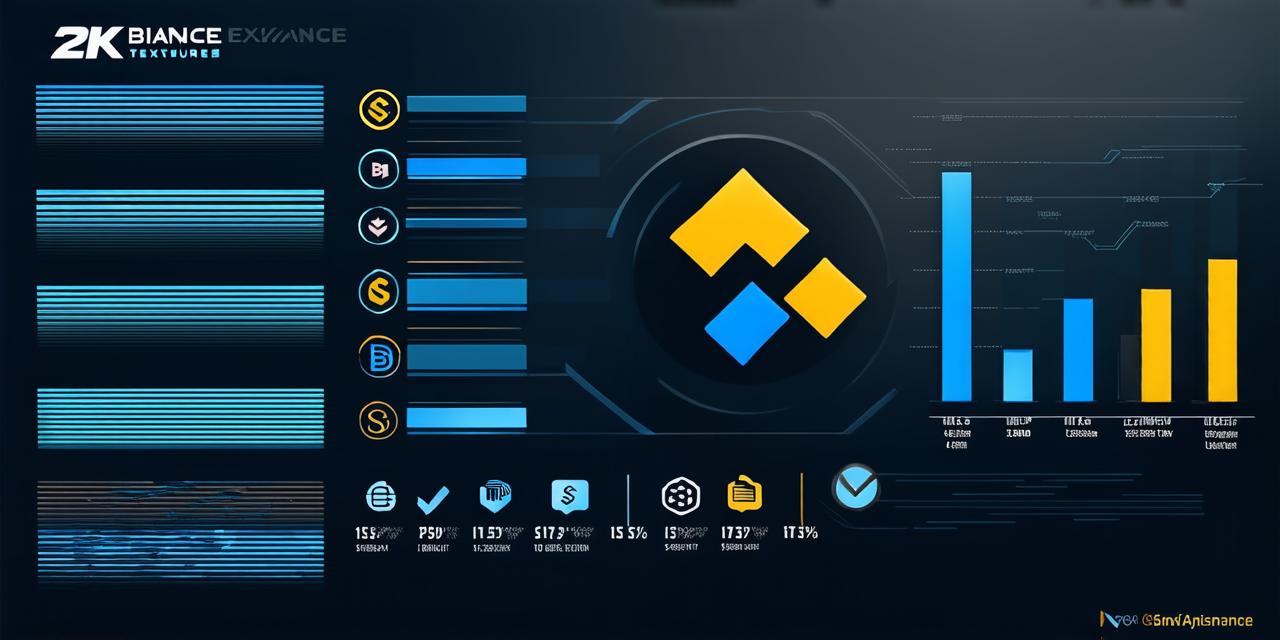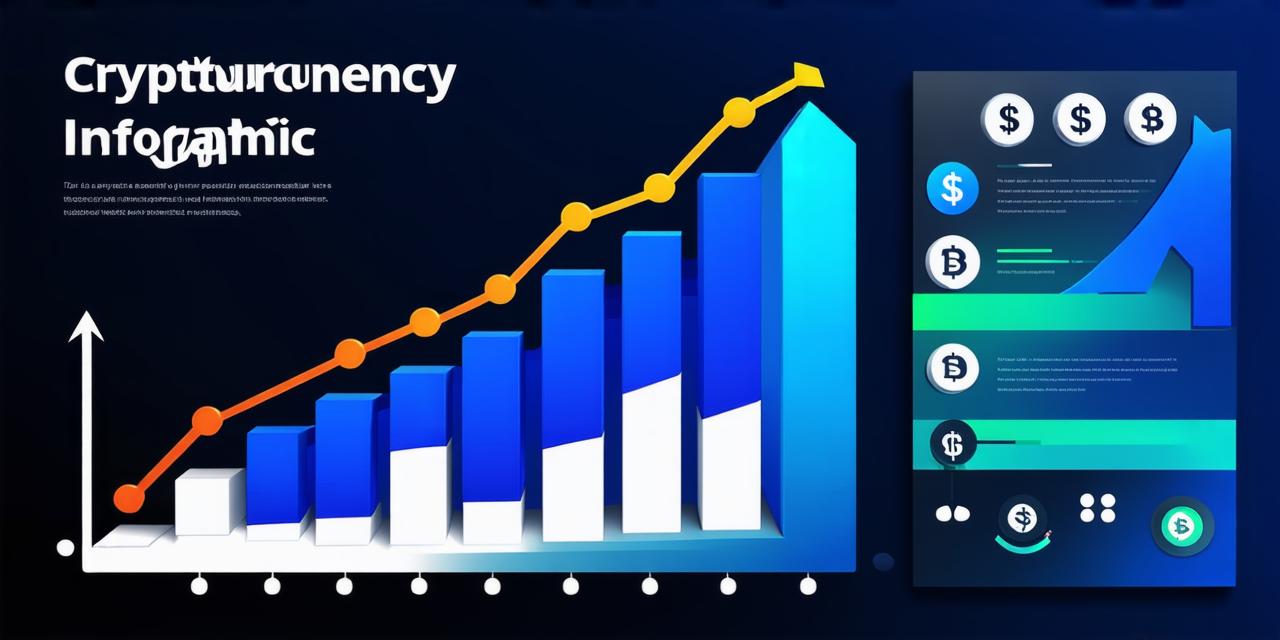As you delve into the world of cryptocurrencies, you may have come across the term “gas fee”. But what exactly does it mean? In this article, we will explore the concept of gas fees and their significance in the cryptocurrency ecosystem. We’ll also discuss how they work and their impact on the transactions made using cryptocurrencies.
What is a gas fee?
In simple terms, a gas fee is the cost paid by users to execute transactions on a cryptocurrency network. It is essentially the price that users pay for the computational power required to validate and process their transactions. Gas fees are denominated in the native currency of the blockchain where the transaction takes place. For instance, in Ethereum, gas fees are measured in Ether (ETH), while in Bitcoin, they are measured in Satoshis (BTC).
Why are gas fees necessary?
Gas fees are essential for several reasons. Firstly, they provide an economic incentive for users to validate transactions on the network. Validators, also known as miners, earn gas fees for validating transactions and adding them to the blockchain. Without gas fees, miners would have no financial incentive to participate in the network, which could lead to slower transaction speeds and higher fees.
Secondly, gas fees help maintain the security of the cryptocurrency network. By requiring users to pay a fee to execute transactions, the network can prevent spamming and ensure that only legitimate transactions are processed. This helps to prevent attacks on the network and protect user funds.
Finally, gas fees provide an essential mechanism for managing transaction volume on the network. As more people use cryptocurrencies, the demand for transactions increases, which can lead to slower transaction speeds and higher fees if left unchecked. Gas fees allow the network to adjust transaction processing times based on demand, ensuring that users get their transactions processed quickly and efficiently.
How do gas fees impact transactions?
The gas fee paid by a user directly impacts the speed at which their transaction is processed on the cryptocurrency network. Generally speaking, higher gas fees result in faster transaction processing times. This is because validators are more likely to prioritize transactions with higher gas fees, as they can earn more rewards for processing those transactions quickly.
However, it’s important to note that not all transactions are processed instantly, even with a high gas fee. The speed at which a transaction is processed also depends on other factors such as network congestion and the number of confirmations required. In some cases, even transactions with high gas fees may take longer to process if there is significant network congestion.
In addition, gas fees can impact the overall cost of using cryptocurrencies. Higher gas fees result in higher transaction costs for users, which can make cryptocurrencies less appealing as a payment method in certain situations. However, it’s important to note that the cost of gas fees is often offset by the benefits of faster transaction processing times and improved security.
Case studies and personal experiences
One example of the impact of gas fees on cryptocurrency transactions can be seen in the Bitcoin network. In 2017, when the price of bitcoin reached an all-time high of $20,000, transaction fees on the network skyrocketed to over $50 per transaction. This made it impractical for many users to use bitcoin as a payment method, leading to a decline in its adoption rate.
Another example is the Ethereum network, which has been experiencing significant congestion and high gas fees since the launch of non-fungible tokens (NFTs) on the platform. This has led to slower transaction processing times and higher transaction costs for users, making it less appealing to use ethereum as a payment method.
Personal experiences can also illustrate the impact of gas fees on cryptocurrency transactions. One user reported paying $20 in gas fees for a simple transfer of $1 worth of bitcoin. This is a significant markup on the transaction cost and highlights the potential drawbacks of using cryptocurrencies for certain types of transactions.
FAQs
What determines the gas fee for a cryptocurrency transaction?
Gas fees are determined by an automated market process called auctions, where users bid for the right to execute their transactions first. The highest bidder gets their transaction processed first, and the gas fee they paid is added to the blockchain’s transaction history. Gas fees depend on various factors such as network congestion, transaction complexity, and the number of confirmations required.
Why are gas fees necessary?
Gas fees are essential for several reasons. They provide an economic incentive for users to validate transactions on the network, help maintain the security of the cryptocurrency network, and provide a mechanism for managing transaction volume on the network.

How do gas fees impact transactions?
Higher gas fees generally result in faster transaction processing times, but not always. Gas fees also impact the overall cost of using cryptocurrencies, making them less appealing as a payment method in certain situations. However, it’s important to note that the cost of gas fees is often offset by the benefits of faster transaction processing times and improved security.
Can gas fees be reduced?
Gas fees can be reduced by optimizing transactions for faster processing times. This can include reducing the complexity of transactions, using batching to process multiple transactions at once, or choosing less congested networks. Additionally, some blockchains have implemented mechanisms such as layer 2 scaling solutions that can reduce gas fees for certain types of transactions.
Are gas fees a fixed amount?
No, gas fees are not a fixed amount and vary based on various factors such as network congestion, transaction complexity, and the number of confirmations required. They are determined by an automated market process called auctions, where users bid for the right to execute their transactions first. The highest bidder gets their transaction processed first, and the gas fee they paid is added to the blockchain’s transaction history.
Conclusion
In conclusion, gas fees are an essential aspect of the cryptocurrency ecosystem that provide an economic incentive for users to validate transactions on the network, maintain security, and manage transaction volume. While higher gas fees generally result in faster transaction processing times, they also impact the overall cost of using cryptocurrencies, making them less appealing as a payment method in certain situations. It’s important for users to understand the concept of gas fees and how they impact transactions on the cryptocurrency network.



